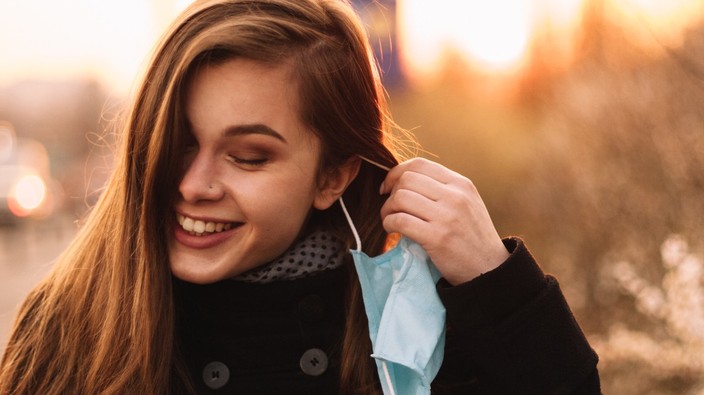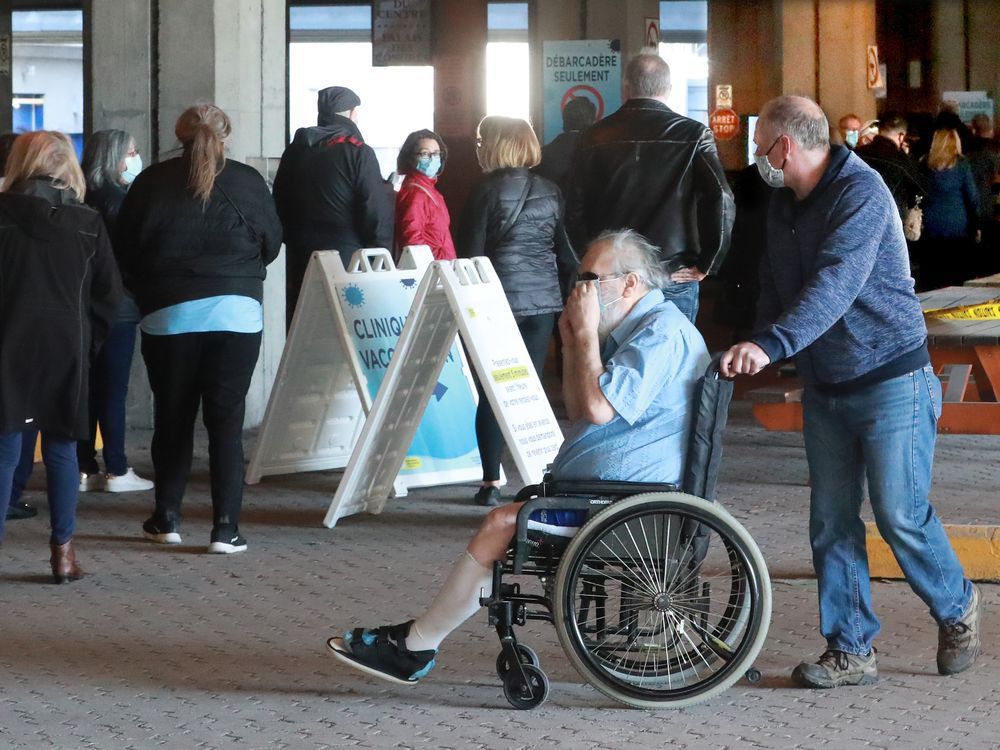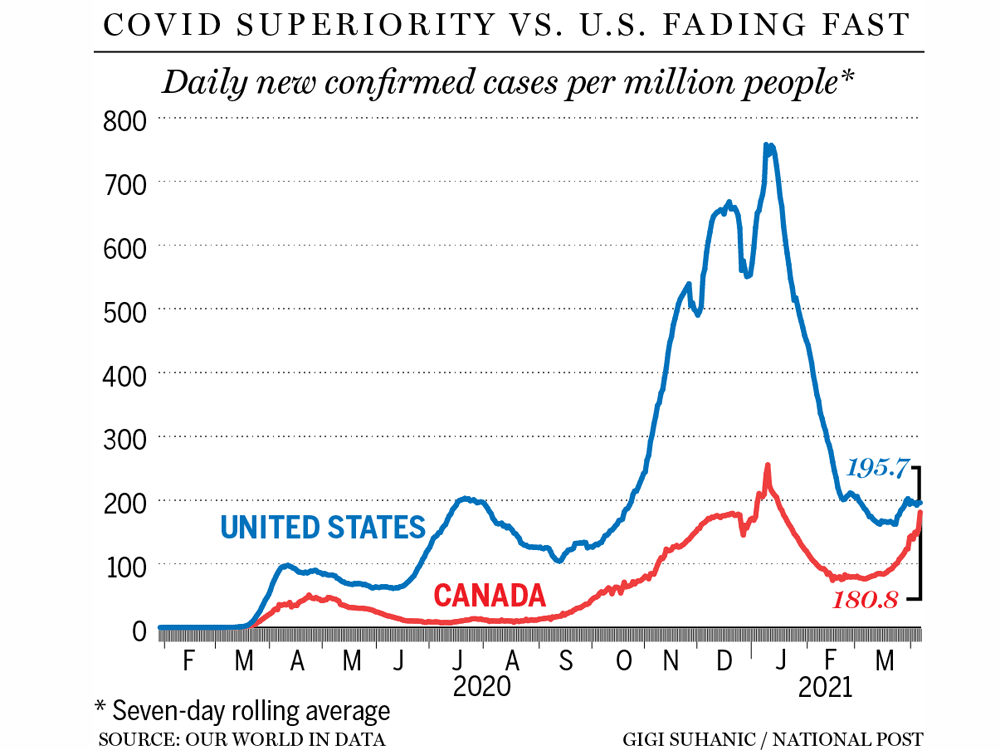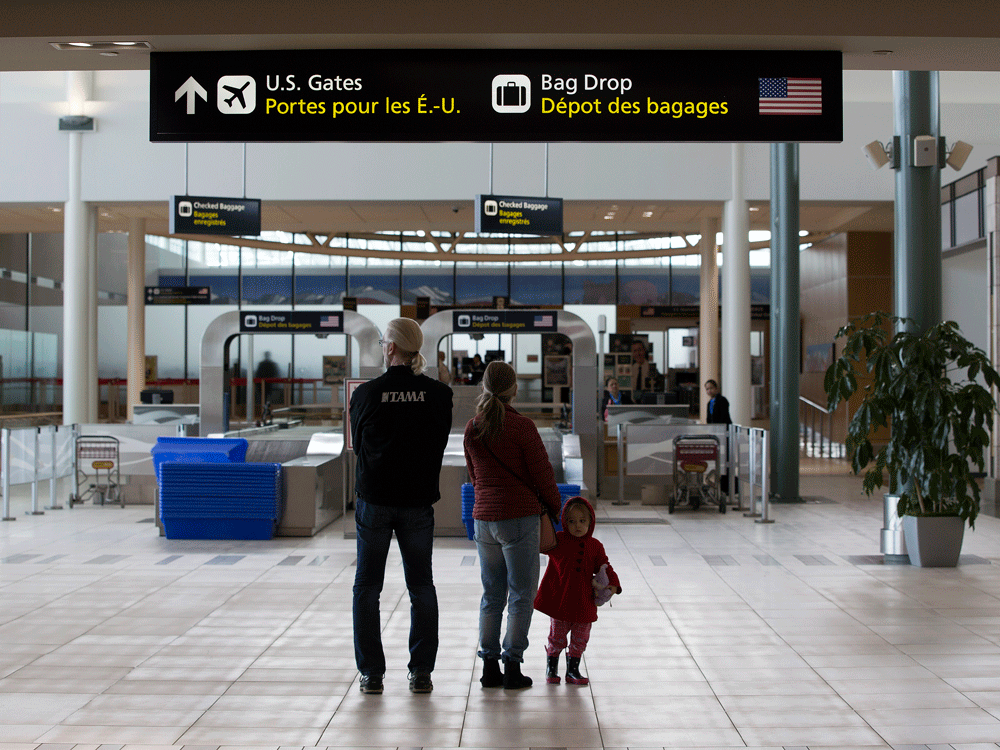as the end of the pandemic moves mercifully closer to reality, a new wave of anxiety is washing over shell-shocked survivors as they slowly step out of the safety of their extended solitude.experts say covid-19 has taken a ptsd-type toll on society, the full extent of which may not be understood for years to come. in the meantime, dr. sarb johal, a psychologist and the author of
steady: a guide to better mental health through and beyond the coronavirus pandemic, offers some advice for staying sane and healthy while rejoining a world where the concept of normal has become a relic of the past.johal has helped steer new zealand, the united kingdom and the world health organization (who) through some of the worst crises of the past 10 years, including the pandemic. new zealand’s covid-19 experience has been different than that of the rest of the world. after shutting its border last march, mandating quarantine for those returning to the country and instituting lockdowns, it not only eliminated the virus in communities, but also began using genomic sequencing to map the virus’ spread in order to be able to target lockdowns. the strategy has meant that just a few weeks ago aucklanders were able to freely attend the america’s cup yacht race.while the idea of gathering anywhere for fun seems hard to imagine and maybe a little uncomfortable — especially after more than a year of social distancing and lockdowns — johal says that the key to figuring out what your post-pandemic life will look like is to decide what matters most — as individuals and as a society.
how has the pandemic affected our mental health?
the challenge of this really has been the ongoing uncertainty for a long period of time with not really a very good idea as to what the end point is going to be. i think that’s been the thing that has felt most destabilizing for people. they find themselves in a vulnerable position and perhaps in a situation where they don’t feel like they’ve got a lot of power or agency in terms of being able to influence their own outcome. they’re dependent on a lot of things going right around them.
what are the long term implications of living through this uncertainty?
partly, it’s that people are being asked to change their behaviour for a long period of time and then, suddenly, we get perhaps a light at the end of the tunnel and then we find that, actually, things perhaps aren’t going to work out so simply. there’s this constant dance of having hope and then having to readapt and say, ‘well, perhaps not in the way we thought.’ the other really big challenge to people’s mental health is that, after a certain point, it’s the secondary impacts that really start to place a load upon people. so much of the economy is tied up with the hospitality sector, the entertainment sector, the tourism sector. all that stuff that represents normal life has kind of disappeared, so it’s difficult to get all the structure and the routines and the pleasure that we would normally have had and trying to find things to replace that has been a real challenge for people.
why is there so much anxiety around re-opening? shouldn’t we be happy to get back to life as we knew it?
i talk about this in the book a little bit and we definitely experienced that here, this fear of going out after being in this kind of like bubble of safety for a while. what i think that’s about is, sometimes after a while, we become habituated to living our lives in a particular way. i know i also felt very strange about having conversations with people and even now people are kind of awkward about, ‘do i hug, do i shake hands, do we touch elbows, what do we do?’one of the things we need to know — and this is one of the things governments have had to work hard on, some more than others — is that this is about trust. this is about how confident are we that the information we’re getting is correct and enables us to behave in ways that feel exposing but, once we start to rehabituate to it again, can feel like there are so many social benefits from reengaging with society. getting good well-sourced information is really important in making sure people have trust in the system. of course, interfering with this is the disinformation and conspiracy narratives. i won’t call them theories because i don’t think they are, i think they are narratives that are out there that people kind of latch on to which makes it really difficult and erodes their trust.
what is the best way to go about rejoining society?
my biggest advice would be to do it slowly and to expose yourself to new situations and being out in the world again in a way that feels comfortable to you. everybody’s going to have a different level of comfort with how quickly they do this and what sort of activities they want to engage with. it’s really important for workplaces to also recognize that not everybody is going to want to go rushing back into the workplace or onto public transport with all that that entails straight away.
you talk about psychosocial responses to disaster in your book. do you think the world has done a good job of supporting positive psychosocial responses?
really, its thinking about what are the big social factors and the big individual psychological factors that impact not only how people react to and respond to a disaster or a crisis but then how do we recover from those as well. i think that over the last two decades of research on this, there have been a few key findings. firstly, it’s that for the majority of people, so about 80 per cent of people as a rough benchmark, they tend to be fine as long as certain conditions are met. and when i say fine, it doesn’t mean that they sail through, they have ups and downs, but they tend to not need any kind of serious intervention. but the number one protective factor is connection. it’s social support. being able to connect with your family and your loved ones and making sure that they’re safe and you have all the support you would normally get.where i think some people have not done well is where they have had poor decision-making and poor leadership. so, there will be an announcement [from the government] about something in the morning and then later on that afternoon, or a day later, it’s contradicted by another senior leader in government and then people are confused as to what it is they’re supposed to do. that’s where there has been failure in terms of leadership through the pandemic. they dealt with the world as they wanted it to be not how it is. and i think they have done their citizens a disservice.
let’s talk a bit about grief. how does the sense of loss affect mental health?
some of the feelings people may be struggling to put their finger on may be things like anticipatory grief — where we know what the problem is but the outcome is uncertain. but there is also another set of things going on, which is ambiguous loss — where we know that things are going to be different but we don’t know how it is going to impact us. i think the only thing we can do is to recognize that we’re experiencing this really deep sense of uncertainty over so many things in our lives right now and as they start to become clear, using language and being able to talk or journal about what we’re naming this and what our fears might be. it also means accepting that there is no ‘new normal.’ this is a phrase that i find unhelpful and i think actually what we’re in for is a period of rapid and dynamic change, not just because of the pandemic, but the way the geopolitics are working right now. i think this is going to be a particularly challenging time with the amount of uncertainty there is.
how can we support our children through these difficult days?
we have a young daughter and when we were in the most stringent levels of lockdown, she was around eight months old, which is peak ‘stranger danger’ territory. she didn’t really get exposed to any new adults and so — really for the next few months — she just absolutely screamed when any strange adult came toward us. so, it may show itself even with very young children in the ways that they react to situations that are strange compared to the experience that they have had so far in their lives.for older, middle-grade children, i think one of the biggest things they will have missed out on is social learning and being able to be with their peers, not just at school but in playgrounds, after-school activities, going around to their friend’s houses. i think it really is the social interaction and understanding how it is to be a kid and just be with other people. i think that needs to be a really big focus as we emerge out of lockdowns around the world — helping children get back on time with all of their social development as well as their academic and scholastic attainment needs as well.
what are some routines that can foster good mental health?
i think structure is really important for people. take a look at what your life was like before we entered into this pandemic phase of our lives. what is it that you would like to keep, what would you like to return to? what we have noticed during other disasters is that, as people emerge out of them, they have this reflection on their values and what’s important to them. think about your values and what’s been revealed to you over the past year and a half about what really is important to you that you’ve missed and use that to figure out what your life is going to look like.
do you think we’ll experience an enlightened period of social interaction with people being nicer to one another or will we quickly return to life as we knew it?
that would be wonderful wouldn’t it? to hold onto that thought as much as possible. but i think we probably will revert to it. but it won’t just happen. i think that if it’s something we want, then it’s something that we have to work toward and something that we have to set as a goal for societies and communities, not just individuals. i think this is an opportunity to say, ‘what do we want to be about? how do we look after each other?’ i think these are important questions as we emerge out of the pandemic. if we’re not careful, we’ll gloss over those and we’ll get back to activity which is our natural tendency. we just kind of want to be busy, right?
dave yasvinski is a writer with healthing.cadon’t miss the latest in health. subscribe to healthing’s daily newsletter here.
 8 minute read
8 minute read









